Artist: Erykah Badu Album: New Amerykah, Part Two (Return of the Ankh)
Year: 2010Duration: 0:0-1
A Critical Review of Erykah Badu’s New Amerykah, Part Two (Return of the Ankh)
Erykah Badu is a powerhouse of an artist. To classify her as just a neo-soul singer would be a gross injustice. Rather, she is an artist, a magic wielder, a creator of soundscapes that tickle the senses, and her album, New Amerykah, Part Two (Return of the Ankh), stands as a testament to her artistry. In this review, we’re going to delve into the best songs of the album, analyze the music genre, and appreciate the innovative parts of the album.
New Amerykah, Part Two (Return of the Ankh) is an R&B, soul, and hip-hop album released in March 2010 by Erykah Badu, a Black-American singer, songwriter, and actress. Erykah’s signature soulful voice, accompanied by live instrumentals, creates an aura of comfort and relaxation that can transport you to another dimension. Unlike New Amerykah, Part One, which was politically charged, this album is more about love and sensuality. The title itself signifies a rediscovery of herself and the essence of love in her life.
The album features many unique songs, but a few stand out from the rest. Tracks like “Out of My Mind, Just In Time,” “Incense,” and “Turn Me Away (Get Munny)” provide an emotional depth that resonates with the listener long after the song has ended. “Gone Baby, Don't Be Long,” a groovy, upbeat song with a bass-heavy sound and guitar riffs reminiscent of a 70s funk track, is a perfect explanation of Badu’s musical aesthetic.
What sets this album apart from the others is its willingness to take risks. Incorporating electronic soundscapes with live instrumentals, along with Erykah’s signature atmospheric vocals, creates a new type of sound. The vibes of “Window Seat” and “Gone Baby, Don't Be Long” highlight this amalgamation of traditional soul and contemporary electronic sounds.
However, the album isn't free of criticisms. Some listeners argue that the sequencing of the album feels disjointed and uneven. As good as the tracks themselves are, there seems to be no clear cohesion in the album structure. Another criticism leveled at the album is its tendency to sometimes drift into monotony. Songs like “Love” and “Agitation” while good, lack a distinct flare present in the other tracks.
Overall, New Amerykah, Part Two (Return of the Ankh) is a masterpiece and a credit to Erykah Badu's artistic flair. Its unique sound and its risks have cemented Badu's place as one of the defining artists of the early millennium. While there may be some criticisms, they don't overshadow the brilliance and creativity infused in the album. It is a collection of tracks that will bring comfort to those who seek solace and a sound that will leave you with a sense of peace.
Other #Neo soul albums:
SIMILAR BANDS
balls, from 1 to 5, describe similarity between the two bands
SOMETHING NEW? LISTEN TO RADIOGENRE
 Suicide girls
Suicide girls Blues
Blues Berlin Music Video Awards
Berlin Music Video Awards Italian Rap
Italian Rap Electro pop
Electro pop Big beat
Big beat Raggajungle
Raggajungle Alternative metal
Alternative metal Piano solo
Piano solo Cali4niamusic
Cali4niamusic
SUGGESTED PLAYLISTS

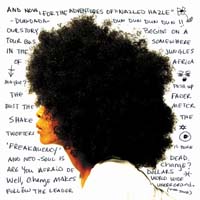


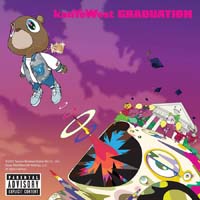
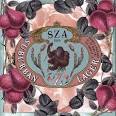

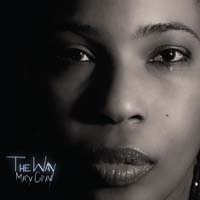
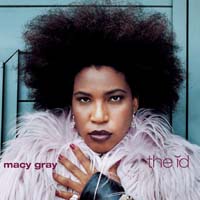
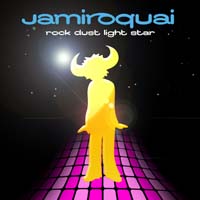
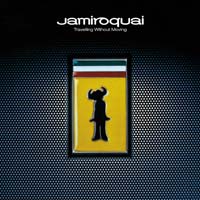


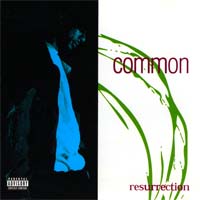
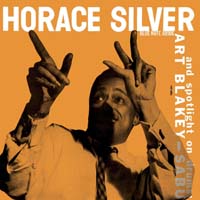


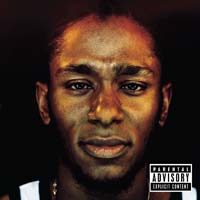
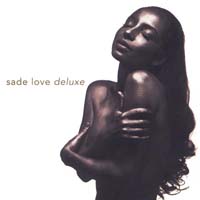
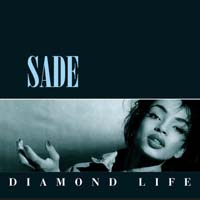


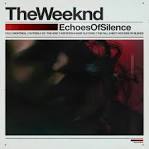
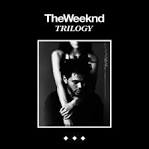




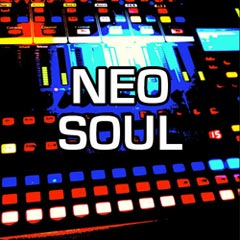
 The very best of rockabilly
The very best of rockabilly Traditional balkan folk music
Traditional balkan folk music Grunge bands, the dirty streets of Seattle
Grunge bands, the dirty streets of Seattle Discovering talents at the Busker festival
Discovering talents at the Busker festival Tuning music
Tuning music Saying goodbye with a song
Saying goodbye with a song Punk generation
Punk generation On the tunes of acid jazz
On the tunes of acid jazz Coronavirus Quarantine Music
Coronavirus Quarantine Music